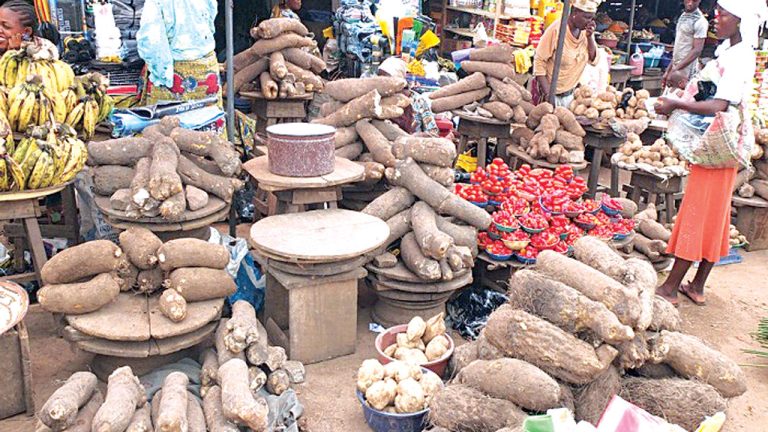Irrigation farmers and vegetable traders in Bauchi State have attributed the rising prices of tomatoes and other vegetables to the recent hikes in fuel and fertiliser costs.
This was disclosed on Thursday during an interaction with the Federal Competition and Consumer Protection Commission (FCCPC), which conducted a market survey involving traders, traders’ associations, and marketers to identify the factors behind the continuous increase in food prices in Bauchi.
Alhaji Sani Abubakar, the chairman of the vegetable traders, highlighted the daily rise in prices of essential vegetables such as tomatoes, pepper, onions, and other greens. He emphasized that unless these underlying issues are addressed, the price surge is likely to persist.
Abubakar explained that the primary challenge for irrigation farmers is the increased cost of fuel needed to power water pumps. This, he said, has severely impacted their ability to cultivate large quantities of produce. “Instead of farming a large quantity, because of the high cost of fuel, you only plant a small portion that you can afford to fuel,” Abubakar noted. He illustrated the impact by explaining that with the same budget, farmers can now only buy half or even less fuel than before.
Before the removal of the fuel subsidy and the subsequent rise in fertiliser and pesticide prices, farmers were able to produce substantial quantities of vegetables. Markets were frequently filled with diverse vegetable offerings, with surplus often transported to major cities like Lagos and Port Harcourt from Muda Lawal Market, a key vegetable source for southern Nigeria.
Abubakar lamented the current economic situation, citing that recently, petrol prices in some localities have reached between N1,200 to N1,400 per litre. This price hike is not exclusive to Bauchi State, affecting transportation costs and subsequently the prices of vegetables from other states such as Katsina and Kazaure in Jigawa State. A bag of pepper, which sold for N2,500 last year, now costs between N60,000 and N80,000.
He stressed that traders are not responsible for the price hikes, attributing them instead to the economic conditions and the escalating costs of fuel and fertilisers. The resultant hyper-inflation has crippled many small-scale traders and businesses, causing widespread dissatisfaction among those affected.
Dauda Ahmadu Waja, the North East Zonal Coordinator of FCCPC, noted that their visit to Muda Lawal Market aimed to gather firsthand information from market stakeholders. The goal is to develop policies that address anti-competitive and anti-consumer practices to restore order and tackle the ongoing rise in food prices across the country.



